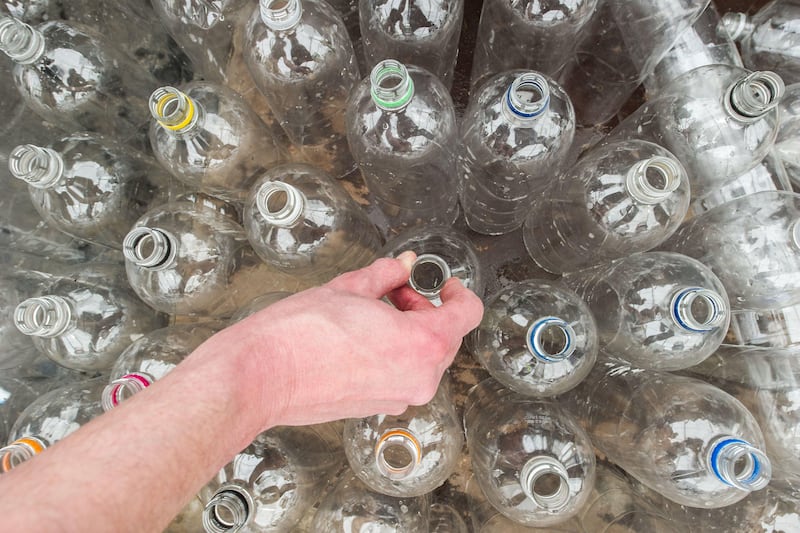A proposed law to establish a deposit return scheme (DRS) for drinks containers in Northern Ireland and England from 2027 has been supported by MPs.
DRS involves people being charged a deposit when buying a single-use container and then receiving the money back when they hand it in for recycling at a designated return point.
Environment minister Mary Creagh said the DRS will reduce littering, boost recycling, help protect wildlife and “begin to turn back the plastic tide”.
But the Conservatives, who initiated moves towards a DRS in 2017, opposed the measure and raised concerns over the cost implications on businesses.
The House of Commons voted 352 to 75, majority 277, in favour of the statutory instrument, which paves the way for the scheme to be introduced in Northern Ireland and England from October 2027.
The Scottish Government is expected to align its DRS to match the one backed by MPs.
The Welsh Government pulled out of the UK-wide approach last year and has always maintained that glass would be part of its scheme.
Materials included in the Westminster scheme would be single-use plastic, steel and aluminium drinks containers.
Ms Creagh said including glass recycling would add “considerable up-front costs” to the scheme.
The minister added the DRS will improve rates of recycling, telling the Commons: “By giving people money back on their bottles, we transform their plastic and metal drinks containers from a waste stream to a resource stream.
“It’ll make a positive difference to every single street where we live. Nobody wants to see plastic and cans littering our beaches, rivers and seas, our roads and our parks.
“With this scheme we will have less litter, less landfill, less harm to our precious wildlife, which is under such pressure, and we really will begin to turn back the plastic tide.”
Shadow business secretary Andrew Griffith said the British Government’s impact assessment showed the scheme would have a net cost to business per year of £288 million.
He said: “That’s a £2.7 billion indirect cost over the 10-year appraisal period.
“That would be another unsustainable cost heaped on to business, which would be an unwelcome addition to the growing headwinds on enterprise that this government has created.”
Mr Griffith said consumers would have to “bear the burden”, adding: “It’s a highly regressive cost burden that would disproportionately hit those on the lowest income.”









